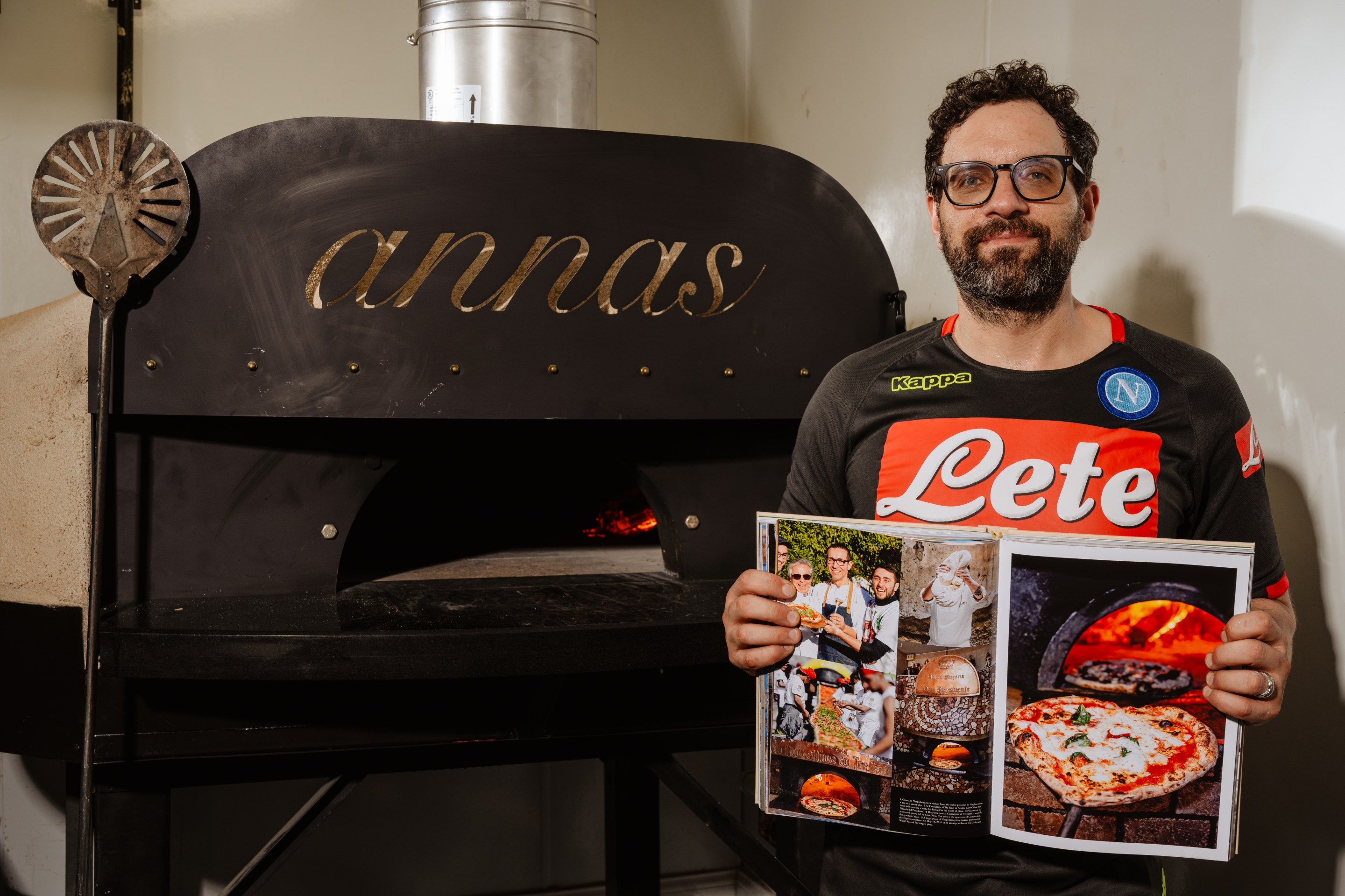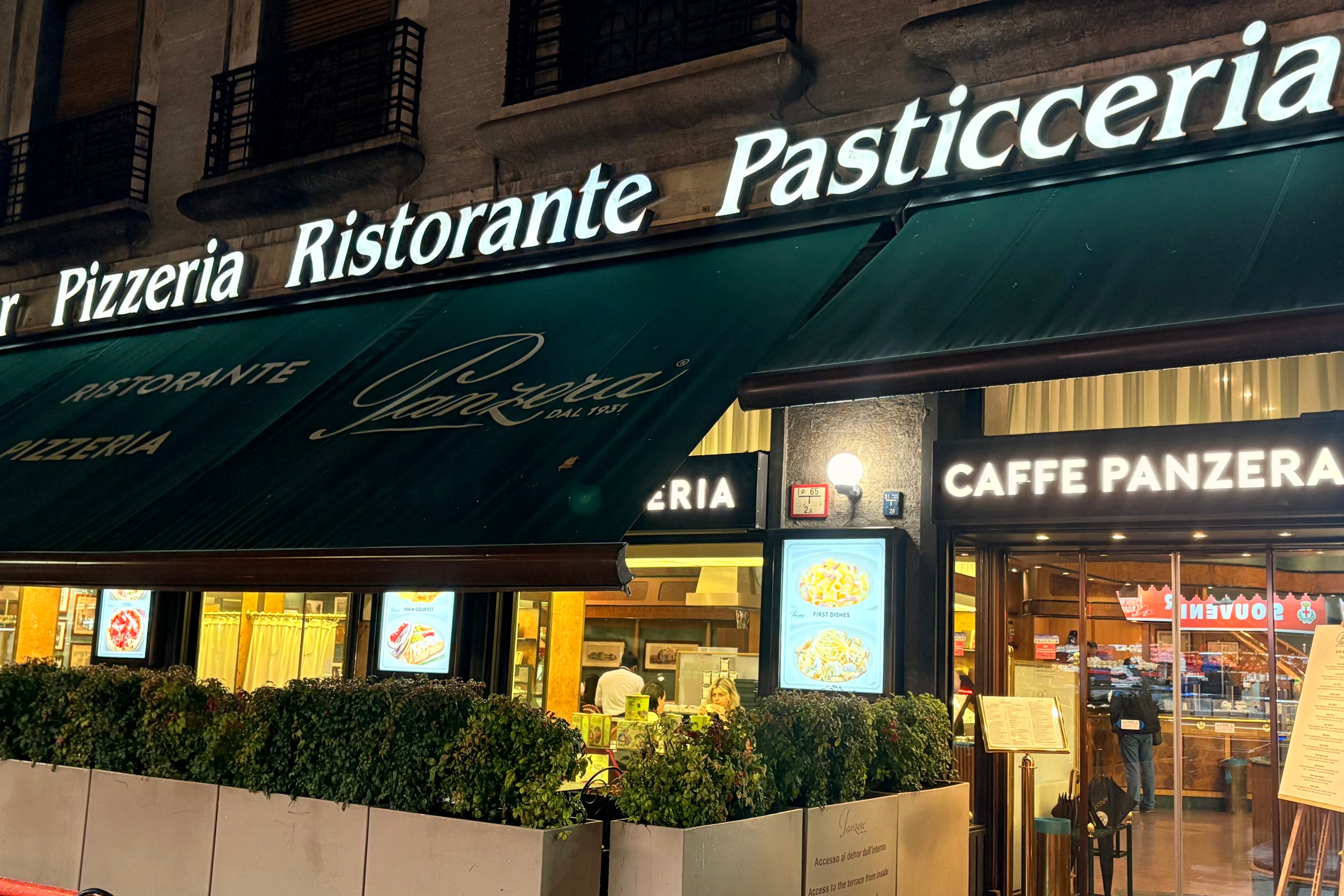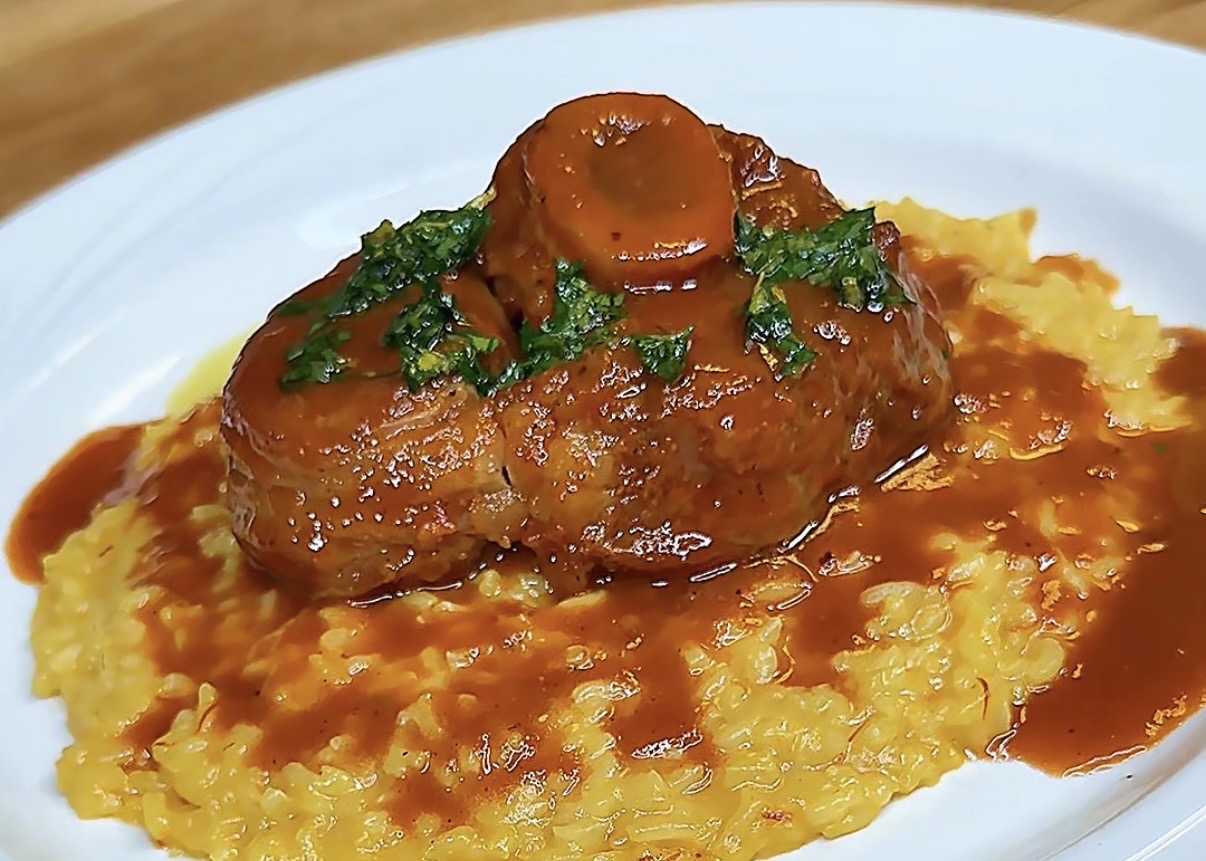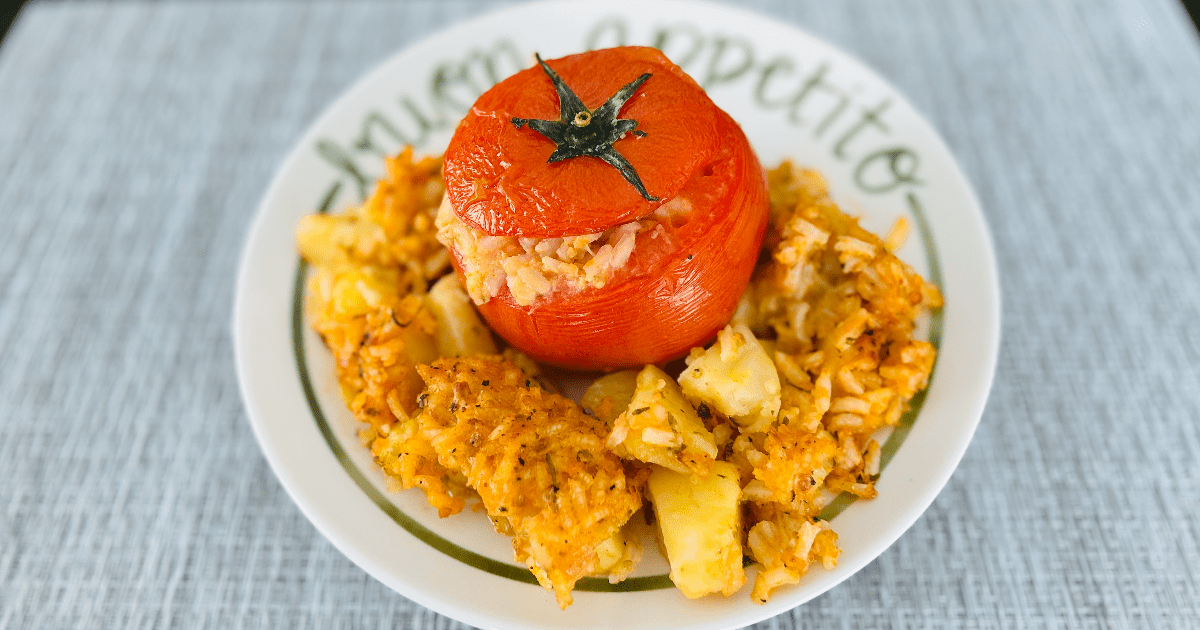As a child, I would crouch beneath the kitchen counter and watch my father make meatballs with the solemn concentration of a sculptor. His hands moved with a kind of deliberate chaos—methodical in his madness—rolling the seasoned meat with quiet reverence. He rarely spoke of his mother, but when he did, his voice would falter and his eyes would glisten. Even seventy years on, his heart remained broken.
I came to understand that grief had calcified into silence. The only way he could speak of her was through the food she used to make, the rituals she left behind—recipes formed on West Street, between Avenue X and Avenue Y, in the immigrant crucible of Coney Island.
This is where my story begins. But truly, it begins with her.
Anna Russo Giordano: The Woman Behind the Name
My grandmother, Nonna, was a woman unlike any other. Born in the early 1900s in South Brooklyn, at a time when the streets were hostile to outsiders and the American Dream was little more than survival.
At sixteen, she entered an arranged marriage with my grandfather, a man six years her senior. It was the only way—it always was.
But Anna was never just a wife or mother. She was a polyglot, a scholar of Latin, fluent in Yiddish, Italian, and the dialects of the Neapolitan south. She was also a corriere - a runner. During Prohibition, she distributed contraband grain alcohol throughout the borough - not as rebellion, but as survival. She had five children to feed. She did what had to be done, as so many Neapolitan women did: with grit, sharpness, and zero tolerance for weakness
She was, in every sense, the center of her family’s universe. And more often than not, she was their sole provider.
The Matriarch Who Built Brooklyn’s Italian Legacy
While history rarely speaks of women like Anna, their fingerprints are everywhere. In South Brooklyn, she was both anchor and advocate—a conduit for generations of southern Italian immigrants finding their footing in an indifferent city. She translated documents, fought for housing, and helped families find work.
She was Brooklyn’s Neapolitan Cabrini, a streetwise matriarch who demanded respect and gave everything in return.
And still, she found time to host. Anna’s yearly dinner parties at the legendary Gargiulo’s were nothing short of local lore. These wre more than meals - they were gatherings of possibility. Within the red-sauce-lit dining room, dreams were served alongside genovese and red wine. She became known for recognizing talent and pushing people forward.
At her table, names like Villa Joe (Joe Maisiel), Antonio Coni, Rita Berti, Anna Fantasia, Vincent Gardenia, Gina Gibaduzza, Ralph Pedi, Giacomo di Giacomo, and Mario Gioa found both community and encouragement. She wasn’t just feeding people—she was launching careers.
The Inspiration Behind Anna’s Vesuviano in Providence
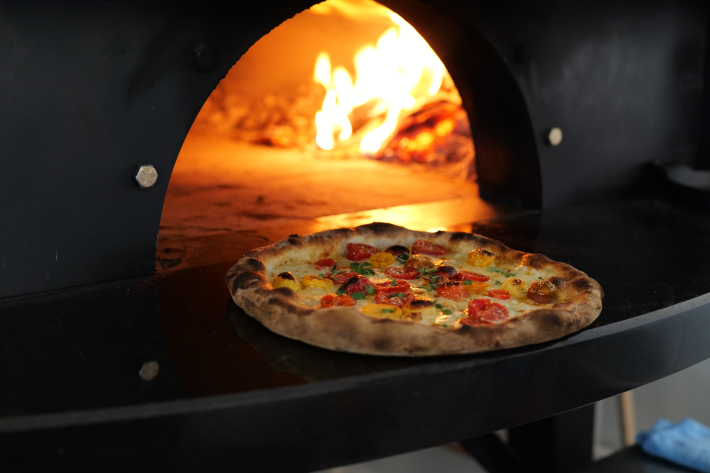
Among those she helped was Anthony Perro, a figure who would go on to shape a New York icon. When I was a child, my father would take us to Totonno’s on Neptune Avenue—a ritual of lunch, laughter, and familial communion.
Later, as a young chef working long hours at the NoMad Hotel, I would return there alone on my days off. Cookie and Antoinette, fixtures of the place, would bicker in the corner like clockwork. Their chaos, their unfiltered energy, brought me a strange calm. In that small, flour-dusted room, I found clarity.
Totonno’s isn’t just a pizzeria—it’s an institution. A place that fed the neighborhood while making the city proud. It is an immigrant invention, a cultural contribution as significant as any museum or monument.
I often dreamed of having my own Totonno’s - a place with soul, simplicity, and staying power. A place that honored the past without being trapped by it.
Anna’s Vesuviano: A Providence Pizzeria with Brooklyn Soul

And so, I made a decision.
I would open a pizzeria at 114 Doyle Ave in Providence—not just any pizzeria, but one that bore the name and spirit of my grandmother. A woman who, like so many great women, had been forgotten by time and eclipsed by the louder narratives of men. Although I have never met her, the stories of her defiance, her laughter, and her sauce live on through my veins.
This pizzeria is more than a business. It is an altar. A living, breathing tribute to the women who built Brooklyn from the kitchen outwards. It is for Anna. It is for every woman who raised a generation while the world looked the other way. And it is for every child—like me—who watched from beneath the counter, trying to make sense of love, legacy, and the complicated tenderness of food.
